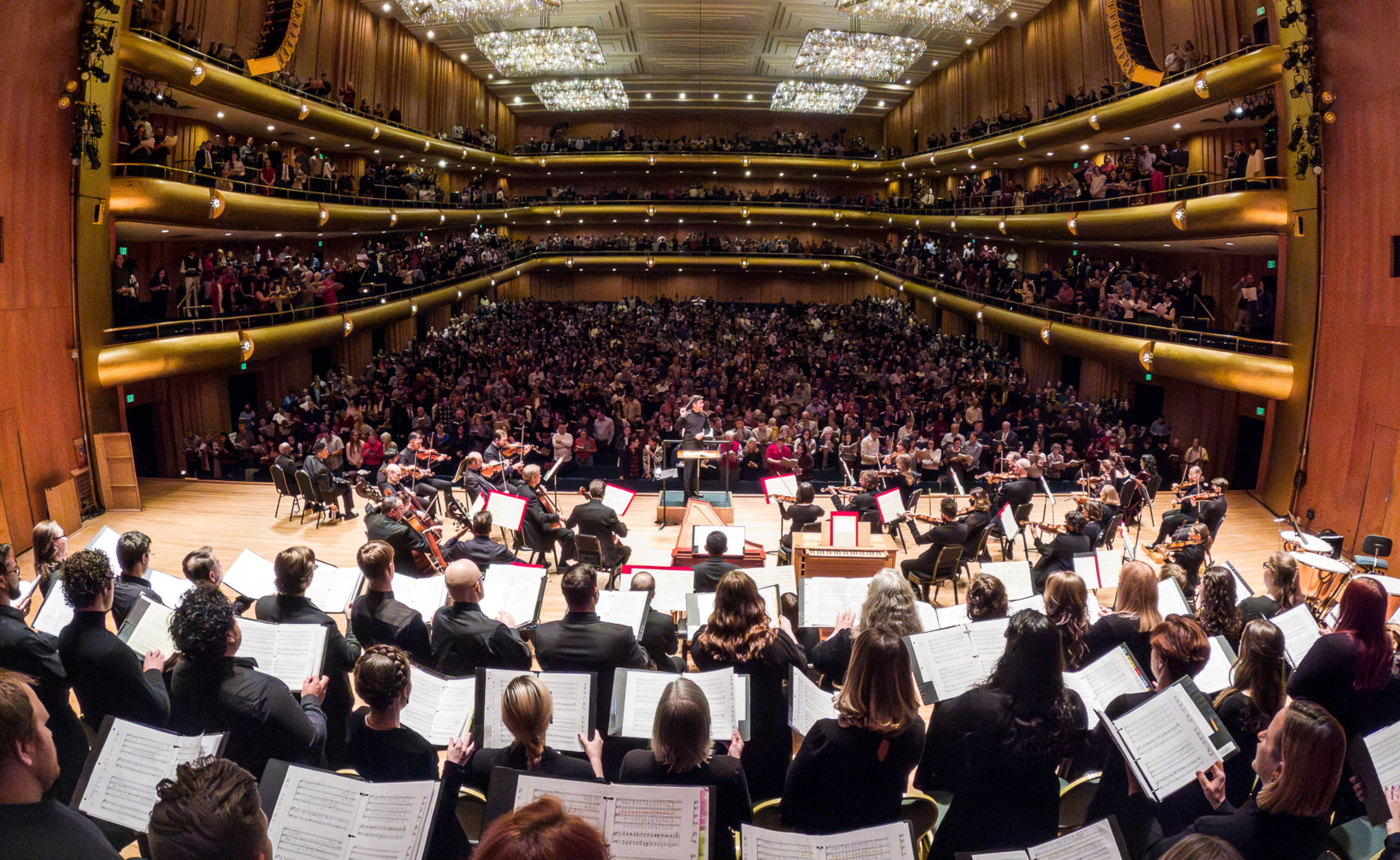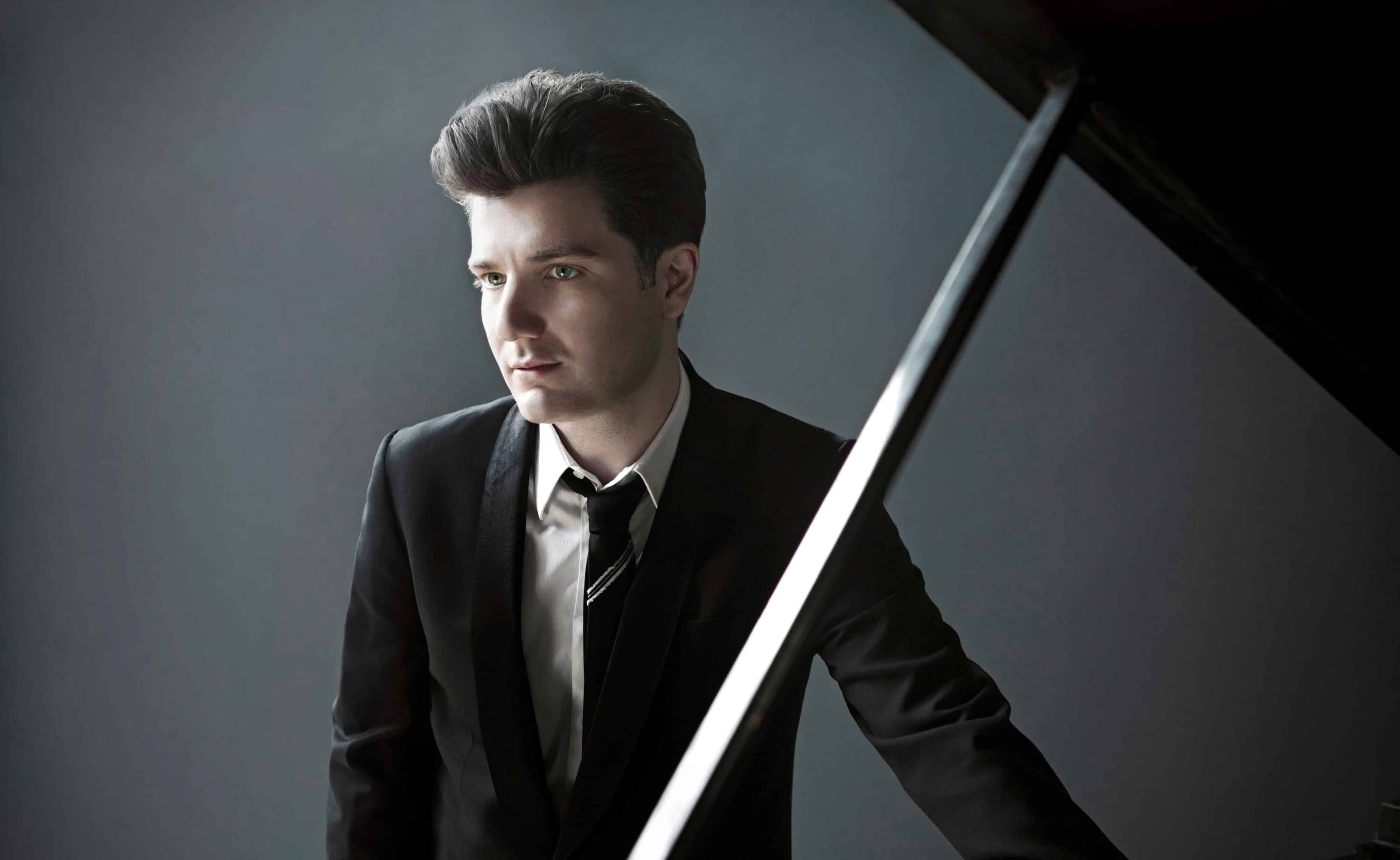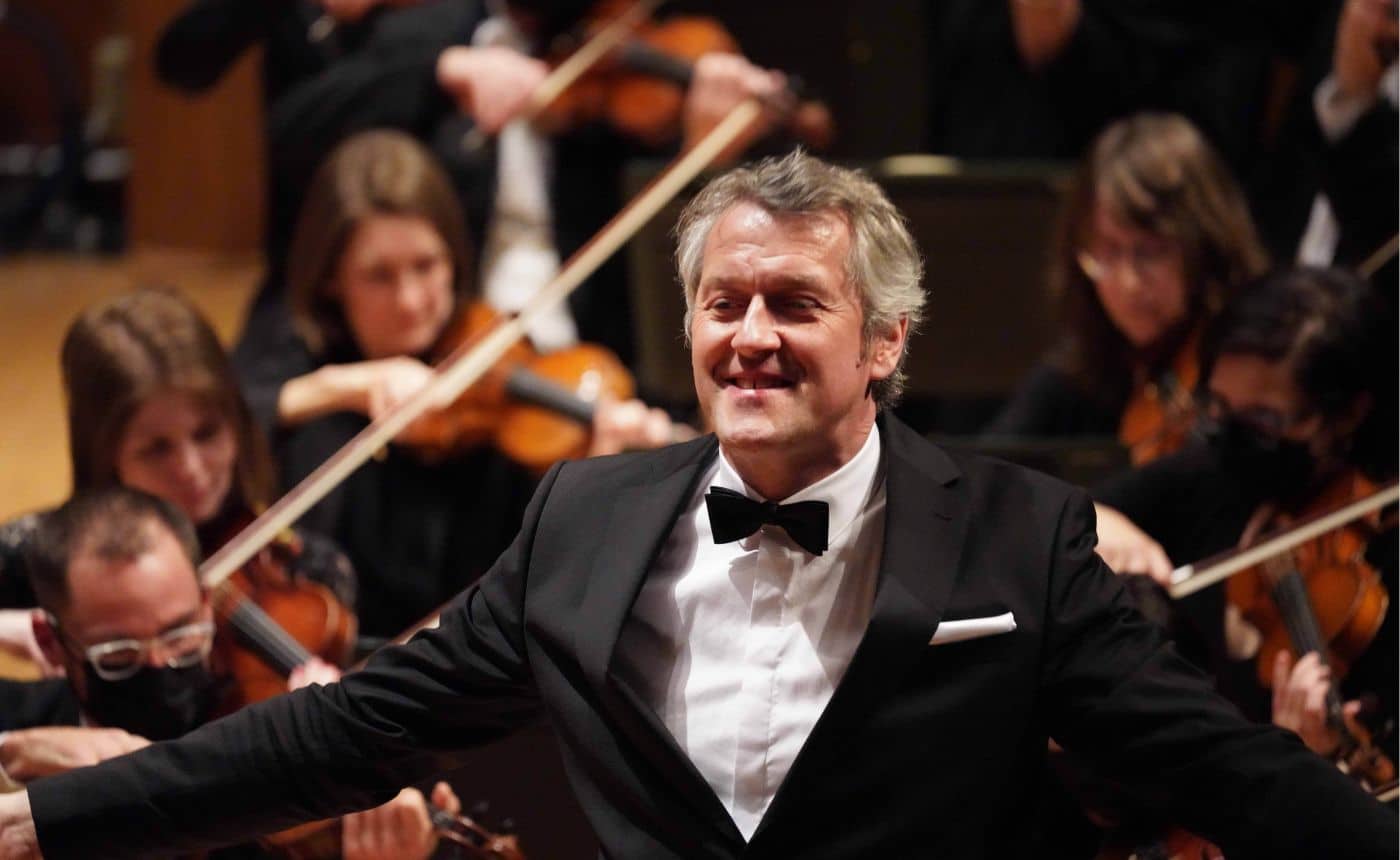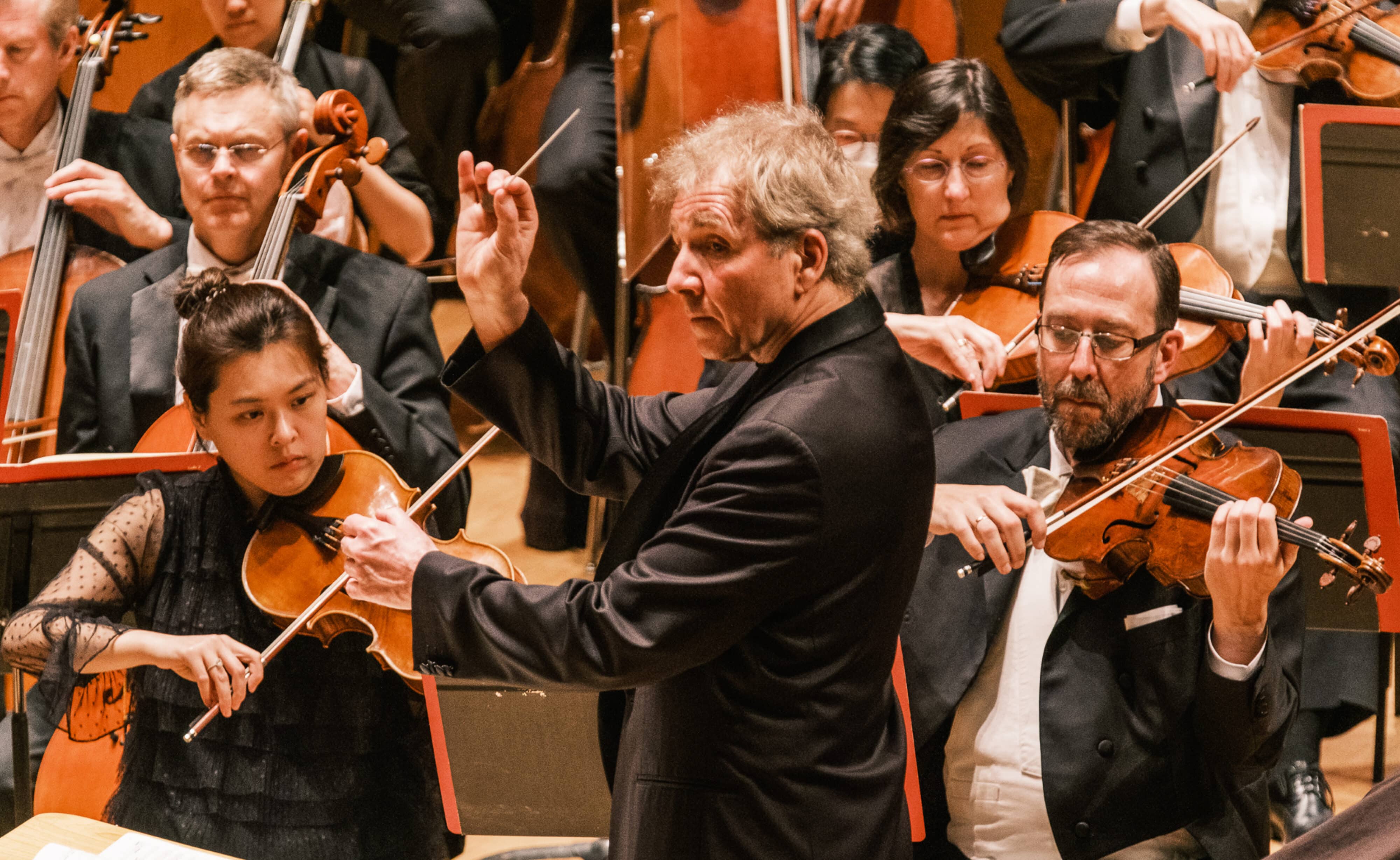Faure – Cantique de Jean Racine
Written by Jeff Counts
Instrumentation: 2 flutes, 2 oboes, 2 clarinets, 2 bassoons, 2 horns, harp, organ, piano, strings, chorus
Duration: 6 minutes.
THE COMPOSER – GABRIEL FAURÉ (1845-1924) – Fauré was in his final year at the Ecole Niedermeyer in Paris in 1865. He was barely twenty years of age at the time but he finished his student career heavily laden with honors and awards. While at the Ecole he had earned separate prizes in literature, piano, solfege, harmony and counterpoint before eventually, in that last year, winning the premiers prix in composition.
THE MUSIC – The work that garnered the Ecole Niedermayer’s first prize in 1865 was the Cantique de Jean Racine, a short hymn setting for mixed chorus and the first of many important religious works from Fauré. Jean Racine was a 17th century French dramatist and poet who, among his many important contributions to western letters, created a French translation of several portions of the Roman Breviary in 1688. Among them was the Ambrosian hymn for Tuesday Matins Consors paterni luminous (“O light of light”). Fauré chose to name his piece after Racine rather than the mediaeval source material, possibly because the elegant and rather florid French version was quite a creative leap from the original Latin. The words form an entreaty to God for his heavenly gaze, fiery mercy and guidance towards the path of righteousness. It ends with an exchange of faith and grace between Christ and his gathered followers. Fauré treats the inspiring text with a gorgeously restrained and respectful charm that reflects his ten years of training at the liturgically-focused Niedermeyer school, the last four of which having been spent under the tutelage of Camille Saint-Saëns. Saint-Saëns was an artful economist himself as a composer and his subtle hand is evident in Fauré’s early pieces, including the Cantique. The piece was originally scored for chorus and organ alone but Fauré breathed new life into it forty years later in 1906 with a small orchestra instrumentation.
THE WORLD – The American Civil War ended in 1865 but the country also lost President Lincoln. The first accent of the Matterhorn occurred that year and the Dominican Republic regained its independence from Spain. Also, Schubert’s “Unfinished” Symphony had its premiere.
THE CONNECTION – This weekend’s concerts represent the Utah Symphony premiere of Faure’s Cantique de Jean Racine.











